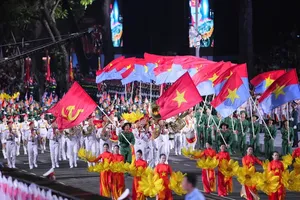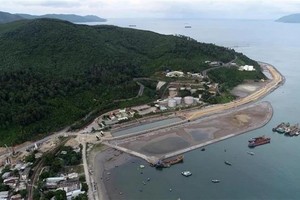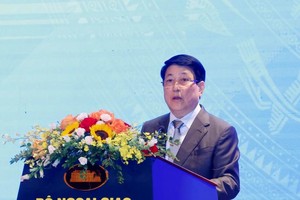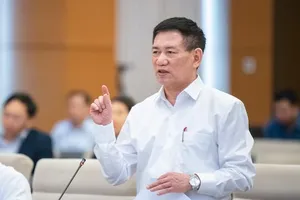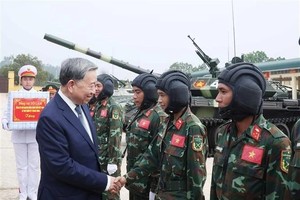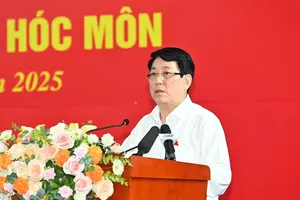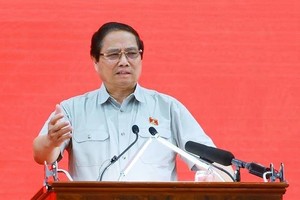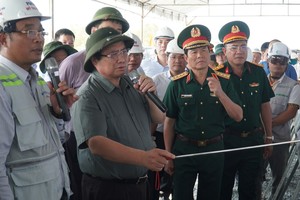The “perfect spy” Pham Xuan An, as he was called by Professor Larry Berman, died one year ago in Ho Chi Minh City. Former media colleagues expressed mixed feelings, from bemusement to a sense of betrayal, after An revealed in the 1980s that he had been a spy. However, most of them expressed respect and affection for a man they describe as a “great personality”.
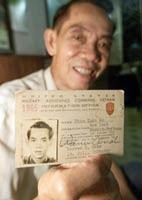
Pham Xuan An was a Vietnamese journalist who worked in the south for Reuters and Time magazine during the Vietnam War while simultaneously spying for the north.
Professor Berman of the University of California wrote a book about An that was published in April 2007 in the US. It was called “Perfect Spy: The Incredible Double Life of Pham Xuan An, Time Reporter and Vietnamese Communist Agent.”
The Washington Post wrote: “Although his job as a spy was to uncover and report the plans of the South Vietnamese and US military, he was so good at collecting and analyzing information that he was considered the best Vietnamese reporter in the press corps.”
Larry Berman revealed An’s greatest skill. "He never had to steal a document because he was such a professional journalist and professional spy. People were always showing him things to get his opinion and analysis because he was so smart," the professor said.
Richard Pyle, an American reporter in the Vietnam War, was among the first to report Pham Xuan An’s death. During his five years as a war correspondent and chief of the Associated Press bureau in Saigon from 1970 to 1973, Pyle met and chatted with An many times.
In an AP news bulletin on September 20, 2006, Pyle said: “In the history of wartime espionage, few were as successful as An. He straddled two worlds for most of the 15-year war in Indochina as an undercover communist agent while also working as a journalist, first for Reuters news service and later for ten years as Time magazine's chief Vietnamese reporter, a role that gave him access to military bases and background briefings”.
“He was so well-known for his sources and insight that many Americans who knew him suspected he worked for the CIA… An's political and military contacts made him an essential source for other Vietnamese reporters working for foreign news organizations. He was known as the soft-spoken, chain-smoking oracle of "Radio Catinat," as the Saigon rumor mill was called”.
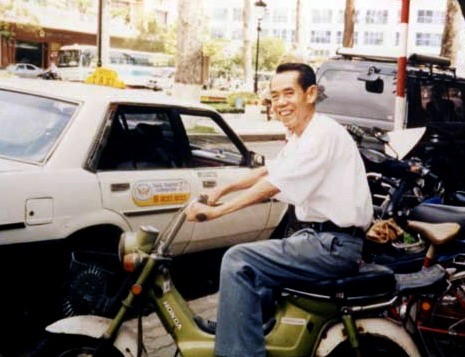
Time Magazine posted an article by Stanley Cloud, Time’s Washington bureau chief from 1989 to 1993, who worked with An from 1970 to 1972, including a period as Saigon bureau chief from the summer of 1971 to December 1972.
Here is what Cloud wrote in remembrance of An: “He had a life none of us knew about, a life involving invisible ink and microfilm, the tunnels at Cu Chi and mail drops in the Ho Bo woods. He had a rank (colonel then, major general when he died this week) and, no doubt, a serial number. But to those of us who worked closely with him, as I did for three years, Pham Xuan An was nothing more (or less) than a first-class journalist, with better sources in the South Vietnamese government and a better understanding of the war's historical and political meaning for Vietnam than we would ever have.
“He was part Confucian scholar, part medieval monk. His little office in the Time bureau on the second floor of the Continental Palace Hotel in Saigon was piled almost to the ceiling with stacks upon stacks of dusty documents, reports and newspapers, any one of which he was magically able to locate at a moment's notice, although such notice was rarely necessary, because he seemed to have committed it all to memory. He smoked constantly, drank rarely, laughed easily, bred and raised German shepherds and drove a tiny, rattling Renault through whose floorboards you could see the road going by. I felt I knew him well, but I was wrong”.
“He always said that the reason why communists had so much support in Vietnam was that they were the only force that had struggled effectively over the years against foreign occupation and influence: against the Japanese in World War II, against the French for a decade after that, and against the US for two more decades”.
“He liked the French and the Americans he knew and spoke their languages well, but he didn't want to see his country Frenchified or Americanized”.
“During the war, a colleague of ours said to me, "I think Pham Xuan An is the perfect example of the very best in Vietnamese society." I felt that way, too. I still do”.
Professor Thomas A. Bass did not hide his admiration for An in his journal titled “The Spy Who Loved Us” about the double life of the Time reporter in The New Yorker:
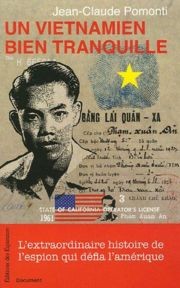
“Recognized as a brilliant political analyst, beginning with his work in the nineteen sixties for Reuters and then for the New York Herald Tribune and The Christian Science Monitor, and, finally, as a Time correspondent for eleven years, Pham Xuan An seemed to do his best work swapping stories with colleagues in Givral’s café, on the old Rue Catinat.
“An’s story strikes me as something right out of Graham Greene,” says David Halberstam, who was friends with An when he was a Times reporter in Viet Nam. “It broaches all the fundamental questions: What is loyalty? What is patriotism? What is the truth? Who are you when you’re telling these truths?
“There was an ambivalence to An that’s almost impossible for us to imagine. In looking back, I see he was a man split right down the middle.”
“I have two loves, like Josephine Baker,” he (Pham Xuan An) said. “I love my country, and I loves the United States. When the war was over, I wanted them to get back together.”
